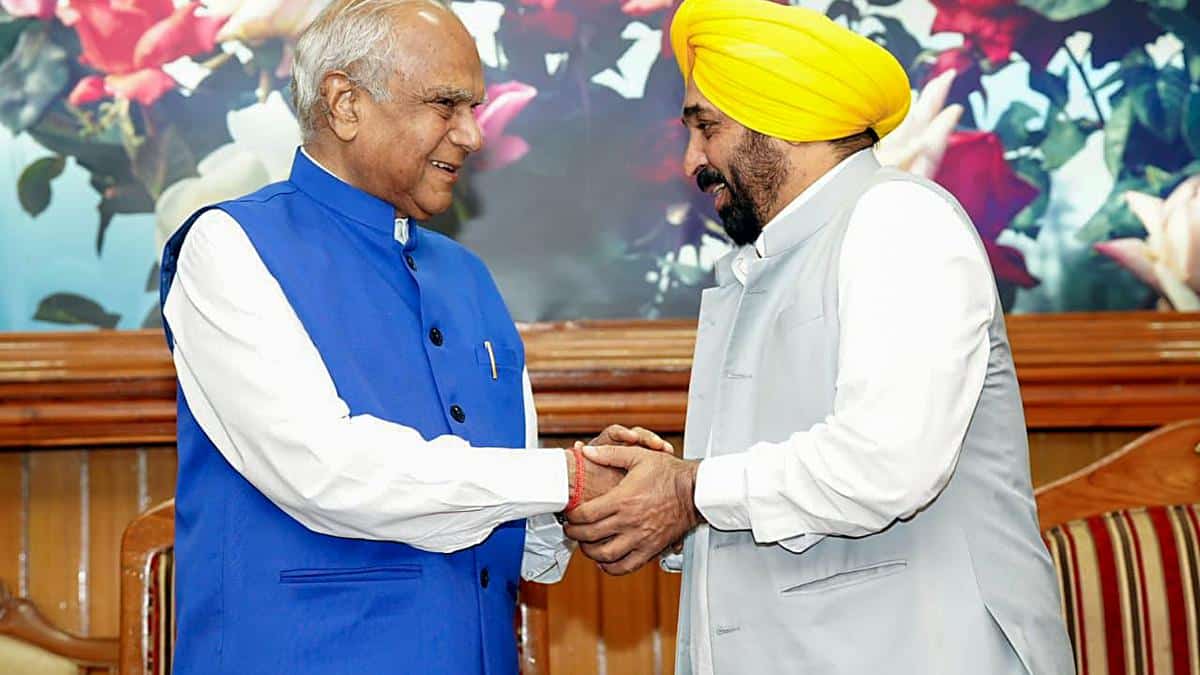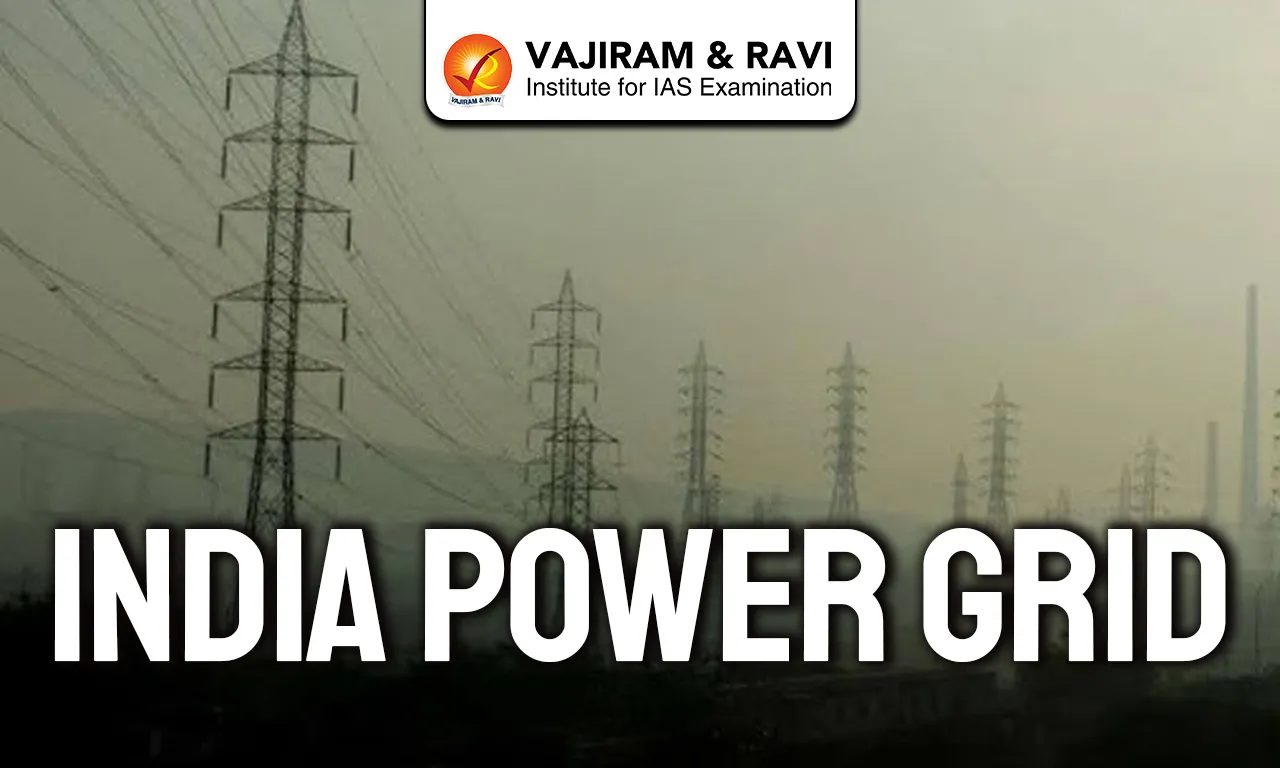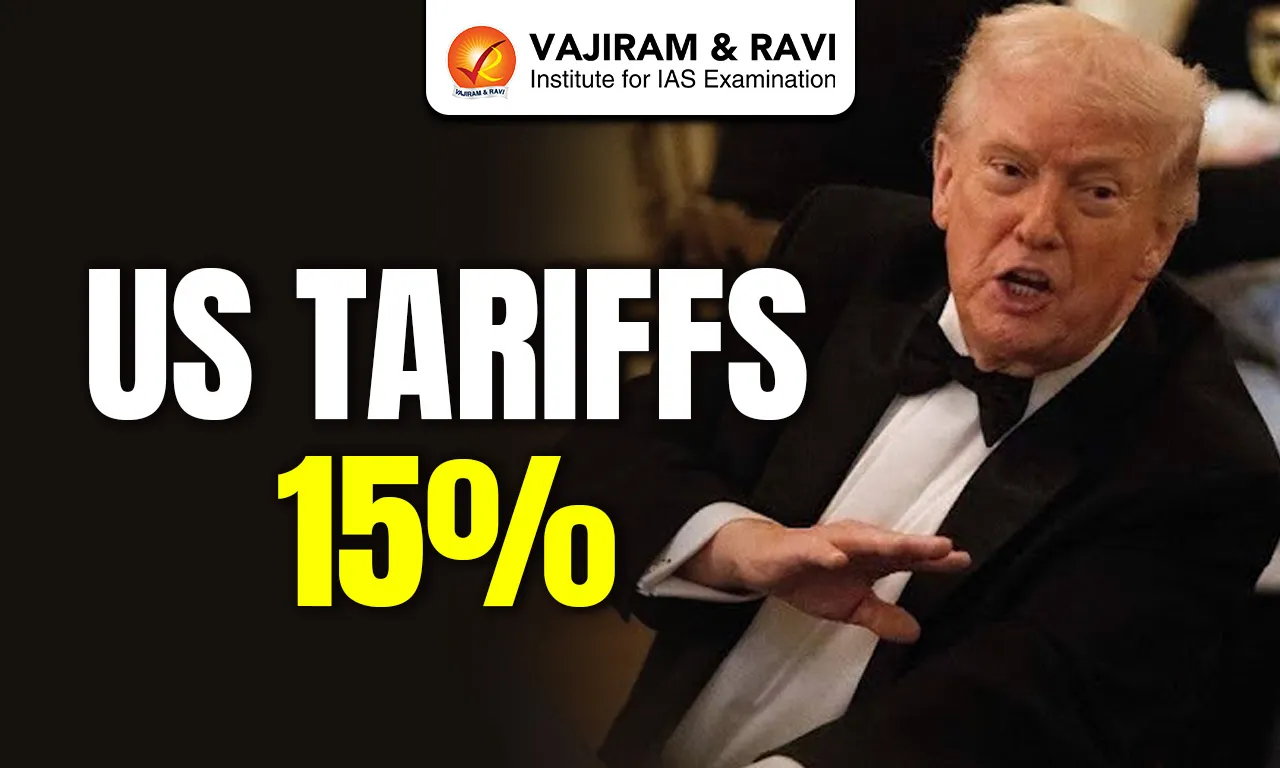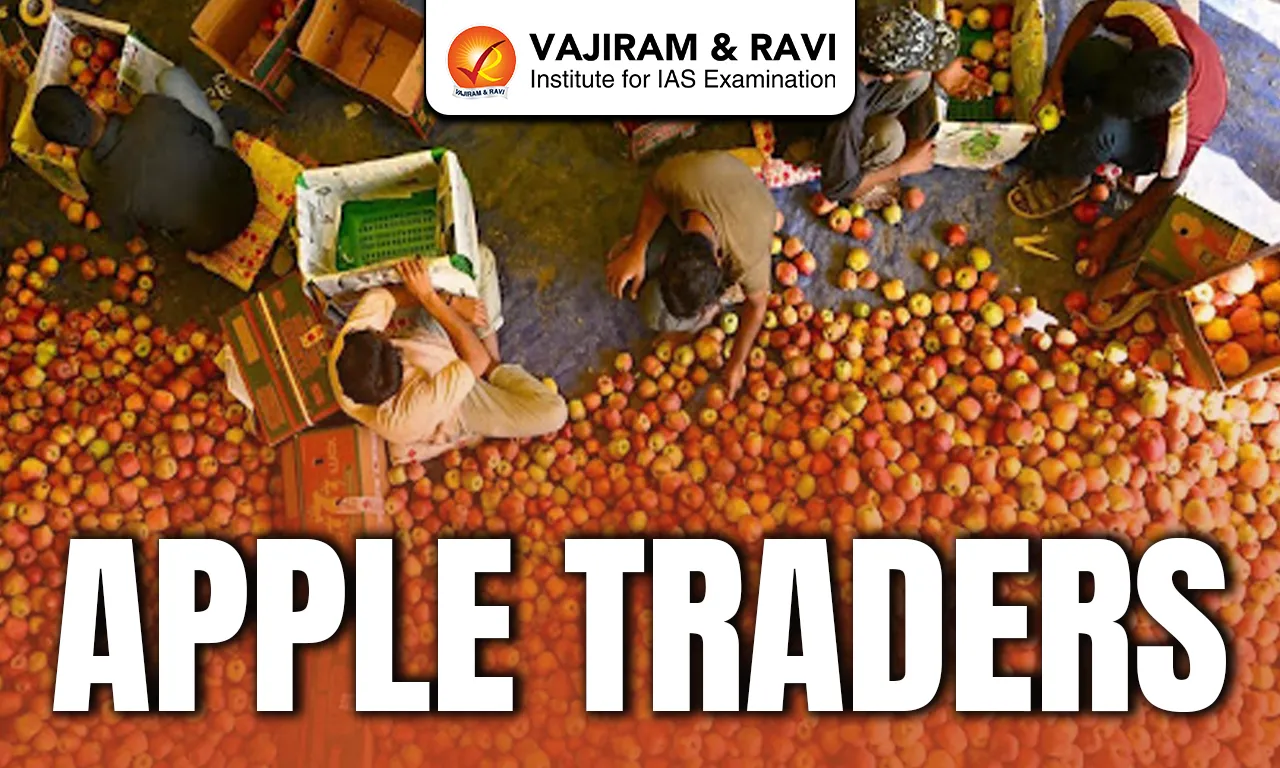What’s in Today’s Article?
- Why in the News?
- Background
- Supreme Court’s Observation
- Process of Granting Assent
- By When Should Bills be Returned by the Governor?
- Important Judgements w.r.t. Powers of the Governor
- Recommendations of Various Commissions w.r.t. Office of the Governor
Why in the News?
- Governors must know that they are not elected representatives of the people, a Supreme Court Bench said while hearing a petition filed by the Punjab government.
Background
- Punjab government had filed in the Supreme Court, challenging the delay by Governor Banwarilal Purohit in giving assent to the bills passed by the State assemblies or proposed to be tabled by them.
- The latest confrontation between the Governor and the State government pertains to three money bills that were proposed to be presented by the State during a Special Session of the fourth Budget Session on October 20.
- The Money Bills had been forwarded to the Governor by State for prior approval ahead of the Special Session.
- However, while withholding his approval, the Governor said since the Budget Session already stood concluded on June 20, any such extended session was illegal, along with any business to be conducted during it.
- As a result, the Session was adjourned just hours after it began on October 20 due to the stalemate.
Supreme Court’s Observation
- While hearing the plea filed by the State government of Punjab, SC expressed concern over Governors of various states refraining from acting on Bills passed by their respective State Assemblies.
- The bench urged Governors to address bills before they reach the Supreme Court.
- The CJI also noted that the Punjab Legislative Assembly was adjourned sine die on March 22, 2023 without being prorogued and was reconvened three months later.
- He questioned whether this was Constitutional and remarked that the Chief Minister and Governor of Punjab required some “soul searching”.
- The CJI said that the Governors also cannot be oblivious to the fact that they are not elected representatives of the people.
- He added that the Governor can either withhold his assent, refer it to the President or they can return it once.
Process of Granting Assent
- Article 200 of the Constitution covers the options before the Governor when a Bill passed by both Houses of the Legislature is presented to him.
- The first proviso to the Article says the Governor could:
- either declare his assent to the Bill or
- withhold the assent if it is not a Money Bill or
- reserve the law for the consideration of the President if he thinks the Bill derogates from or endangers the power of judicial review of the High Court.
- In case the Governor chooses to withhold assent, he should return the Bill as soon as possible with a message requesting the Legislative Assembly to reconsider the proposed law or any specified provisions or suggest amendments.
- The Assembly would reconsider and pass the Bill, and this time, the Governor should not withhold his assent.
- In short, the Governor will have to agree to the considered decision of the Council of Ministers.
By When Should Bills be Returned by the Governor?
- The first proviso of Article 200 says it should be “as soon as possible”. The Constitution is silent on what exactly this phrase means.
- The Supreme Court has interpreted “as soon as possible” in the proviso to mean “as early as practicable without avoidable delay” in its 1972 judgment in Durga Pada Ghosh versus State of West Bengal.
- The States have urged the court to interpret the phrase in the proviso and fix a time limit by which Governors should assent or return a Bill.
- The 1988 Sarkaria Commission report on Centre-State relations had suggested consultation with the Governor while drafting the Bill and fixing a deadline for its disposal.
Recommendations of Various Commissions w.r.t. Office of the Governor
- Sarkaria Commission (1983) –
- The Commission was set-up to look into Centre-state relations.
- The Commission proposed that the Vice President of India and Speaker of Lok Sabha should be consulted by the Prime Minister in the selection of Governors.
- National Commission to Review the Working of the Constitution (2000) –
- The Commission recommended significant changes in the selection of Governors.
- The Commission suggested that the “Governor of a State should be appointed by the President, after consultation with the Chief Minister of that State”.
- Punchi Commission (2007) –
- The Commission proposed that a committee comprising the Prime Minister, Home Minister, Vice President, Speaker, and the concerned Chief Minister should choose the Governor.
- The Commission recommended deleting the “Doctrine of Pleasure” from the Constitution, but backed the right of the Governor to sanction the prosecution of ministers against the advice of the state government.
- It also argued for a provision for impeachment of the Governor by the state legislature.
Q1) Is the Governor the head of the State?
In India, a governor is the constitutional head of a state of India that has similar powers and functions at the state level as those of the president of India at the central level.
Q2) Who appoints the Governor of a State?
The Governor of a State is appointed by the President for a term of five years and holds office during his pleasure. Only Indian citizens above 35 years of age are eligible for appointment to this office. The Executive power of the State is vested in the Governor.
Source: Governors must act before state govts come to SC: CJI Bench on Punjab govt plea on pending Bills | Hindu
Last updated on February, 2026
→ UPSC Notification 2026 is now out on the official website at upsconline.nic.in.
→ UPSC IFoS Notification 2026 is now out on the official website at upsconline.nic.in.
→ UPSC Calendar 2026 has been released.
→ UPSC Final Result 2025 is expected to be released in the second week of April 2026.
→ Check out the latest UPSC Syllabus 2026 here.
→ Join Vajiram & Ravi’s Interview Guidance Programme for expert help to crack your final UPSC stage.
→ UPSC Mains Result 2025 is now out.
→ UPSC Prelims 2026 will be conducted on 24th May, 2026 & UPSC Mains 2026 will be conducted on 21st August 2026.
→ The UPSC Selection Process is of 3 stages-Prelims, Mains and Interview.
→ Prepare effectively with Vajiram & Ravi’s UPSC Prelims Test Series 2026 featuring full-length mock tests, detailed solutions, and performance analysis.
→ Enroll in Vajiram & Ravi’s UPSC Mains Test Series 2026 for structured answer writing practice, expert evaluation, and exam-oriented feedback.
→ Join Vajiram & Ravi’s Best UPSC Mentorship Program for personalized guidance, strategy planning, and one-to-one support from experienced mentors.
→ Check UPSC Marksheet 2024 Here.
→ UPSC Toppers List 2024 is released now. Shakti Dubey is UPSC AIR 1 2024 Topper.
→ Also check Best UPSC Coaching in India




















